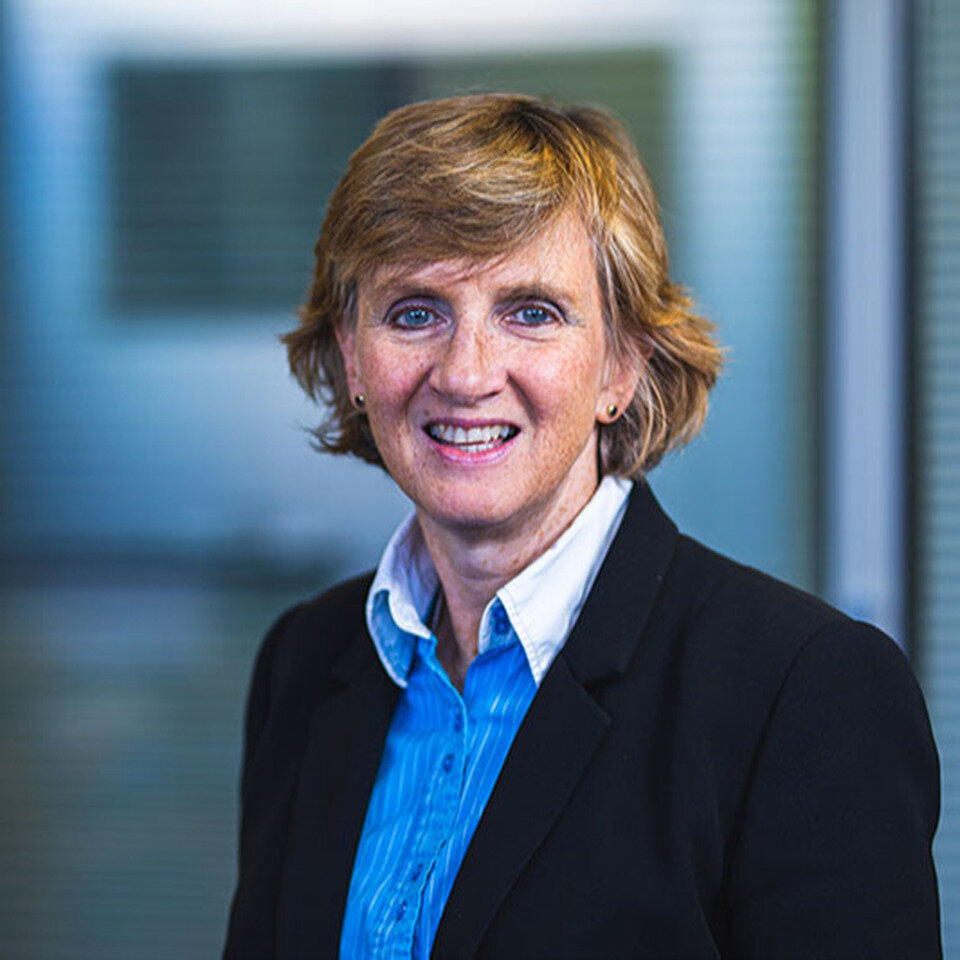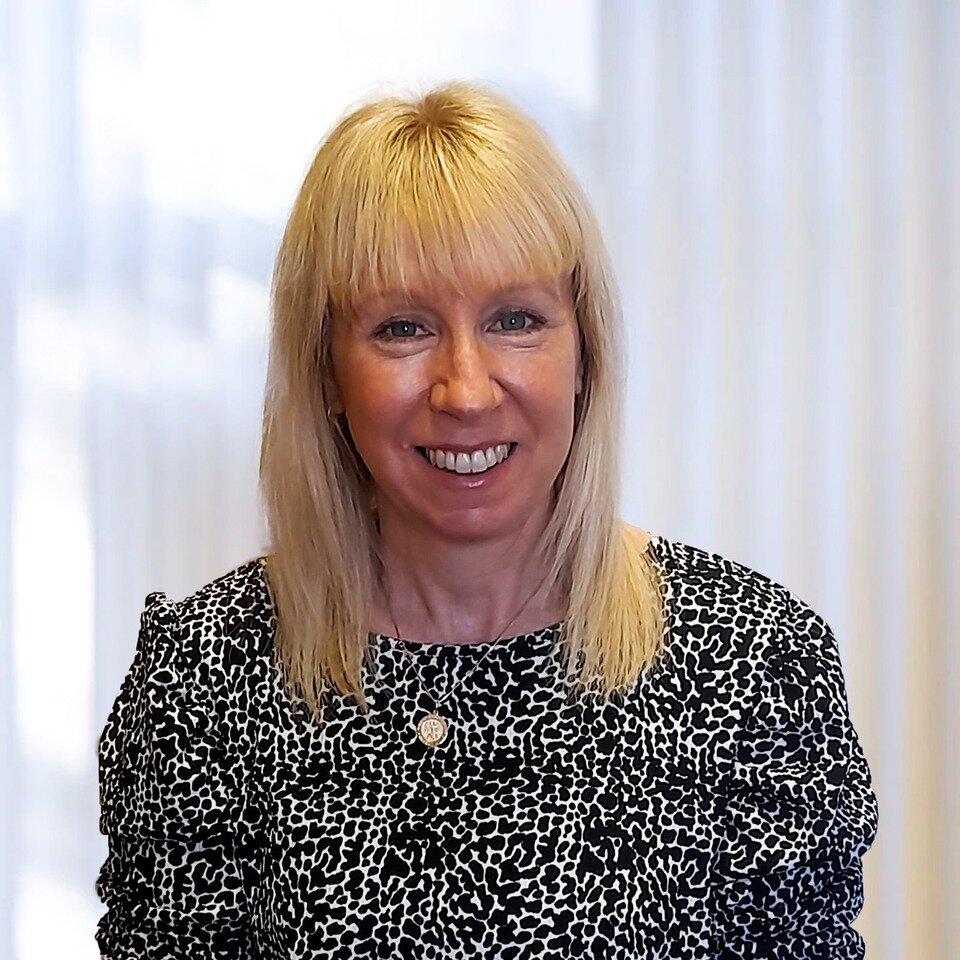Update Your Will Week | The importance of keeping your Will up to date
-
![Anna O'Mara]() Anna O'Mara
Anna O'Mara
- 27 Jan 2023
- Law Blog
- Wills, Trusts & Probate
Only 56% of UK adults have updated their Will in the last five years, meaning around half of Wills are out of date. To raise awareness, Solicitors for the Elderly (SFE) have been hosting “Update your Will week” from 23rd to 29th January 2023.
Read moreLegal 500 Directory highly ranks Sills & Betteridge
-
![Karen Bower-Brown]() Karen Bower-Brown
Karen Bower-Brown
- 10 Oct 2022
- Firm News
- Wills, Trusts & Probate
- Corporate & Commercial
- Divorce & Separation News and Legal Updates
- Family Emergency
- Commercial Property
- Commercial Litigation & Dispute Resolution
- Employment Law
Another proud announcement from the firm as it reveals news of its latest results in the world’s leading legal directory The Legal 500.
Read moreWhy you are never too young to make a Will
- 2 Sep 2022
- Law Blog
- Wills, Trusts & Probate
We often hear people say “I am too young to make a Will” or “I don’t have anything to leave.” Traditionally, drafting a Will has not been a priority for young adults. This is changing - in 2021 the number of young adults from Generation Z making a Will increased by 23%.
Read moreLawyer returns to her Skegness roots!
-
![Vickie Ingamells]() Vickie Ingamells
Vickie Ingamells
- 28 Jun 2022
- Firm News
- Wills, Trusts & Probate
The firm has welcomed Vickie Ingamells to its Wills, Trusts & Probate team this month. Skegness-born Vickie has worked in legal services since she left school. A Fellow of the Chartered Institute of Legal Executives, she worked for several years in Family Law and Residential Conveyancing. For the last 10 years however, Vickie has worked exclusively in the field of estate planning - advising clients on Wills, Trusts, Lasting Powers of Attorney, Court of Protection related matters, Probate and administration of estates.
Read moreREGISTER YOUR TRUST NOW TO AVOID FINANCIAL PENALTIES FROM HMRC
-
![Andrew Durkan]() Andrew Durkan
Andrew Durkan
- 19 May 2022
- Law Blog
- Wills, Trusts & Probate
Are you, or have you been, a trustee of a trust created by you or someone else? Are you named on the deeds or title documentation of a property which is not yours? Is your property registered in the name of someone else?
Read moreDementia Awareness Week - 16th to 22nd May 2022
-
![Nicola Davison]() Nicola Davison
Nicola Davison
- 18 May 2022
- Law Blog
- Wills, Trusts & Probate
Dementia Awareness Week runs from 16th to 22nd May with the aim of encouraging people to “act on dementia”. The Alzheimer’s Society research shows that the rate of dementia diagnosis is at a five-year low and it wants to encourage those with undiagnosed dementia to approach them for support and guidance.
Read more



 Anna O'Mara
Anna O'Mara

 Karen Bower-Brown
Karen Bower-Brown


 Vickie Ingamells
Vickie Ingamells

 Andrew Durkan
Andrew Durkan

 Nicola Davison
Nicola Davison
